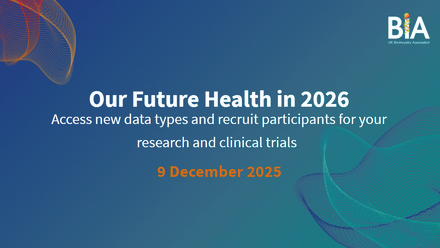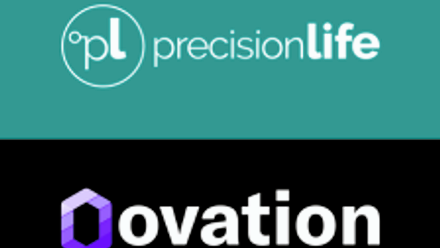TechBio innovator spotlight: MultiOmic

MultiOmic is headquartered in London since 2021. Interview with CEO Robert Thong.
What does the company do?
MultiOmic applies artificial intelligence to create new precision treatments for metabolic syndrome-related conditions (MetSyn) such as type 2 diabetes, chronic kidney disease, atherosclerotic cardiovascular disease, fatty liver disease and polycystic ovary syndrome.
“These conditions are all linked, patients often suffering from multiple conditions concurrently. There are hundreds of disease variants, each corresponding to a subgroup of patients experiencing a unique sequence of symptoms and medical complications at different levels of severity.” - Robert Thong, CEO
How does the technology work?
MultiOmic’s MOHSAIC® platform is the first MetSyn-optimised Artificial Intelligence Drug Discovery (AIDD) platform. Starting with patient bio-samples (blood, urine, etc.) and corresponding medical records sourced from hospitals and biobanks, the company generates omics data (genome, epigenome, proteome, metabolome) using their standardised process, on which they apply AI-enabled computational techniques to identify specific patient subgroups and their corresponding biomarkers and causal biological pathways. These findings are validated via systems biology simulation models and bespoke wet laboratory experiments to subsequently derive more efficacious treatments.
How will it be used?
MetSyn-related healthcare costs amounted to 1.9 trillion dollars globally in 2020 and forecast to rise to 5.5 trillion in 2040. These conditions currently have no cures, only symptomatic treatments. Between 2011 to 2020, only 7.8% of cardiovascular, endocrine or other metabolic drug candidates in clinical trials gained regulatory approval, a worsening trend compared to 2006 to 2015 (11%). MultiOmic aims to reverse this trend via precision medicine, where biomarkers are used to identify specific patients that would most benefit from a particular treatment. There are presently no MetSyn precision medicines. Whereas it has been proven in cancer and rare disease that precision medicines have more than double the probability of reaching the market than non-precision ones.
MultiOmic aims to generate unique treatment concepts for each patient subgroup its platform identifies. These treatments could include novel combinations of existing drugs; repositioning “failed” drugs on high responder patients; repositioning drugs from other indications; and/or working with partners to develop completely new drug molecules.
“MeSyn affects 1 in 3 adults including 1 in 2 over 60s, there is a huge unmet need. Despite having their symptoms treated, many patients still go on to develop fatal or seriously debilitating complications. It’s vital we understand the drivers for MetSyn and identify better treatments to tackle the underlying causes.” - Robert Thong, CEO
The future
Although initially focused on MetSyn, MultiOmic’s approach could be extended to other chronic multifactorial conditions including autoimmune diseases such as asthma or inflammatory bowel disease. The company is aiming to have repositioned drugs in clinical testing within the next 3-4 years and will be looking to partner with pharma/biotech companies and CROs.
Read the Tech Bio 2.0 report for developments in data sharing, inspiring case studies and the future of techbio!






